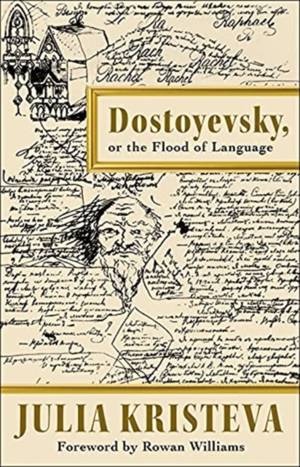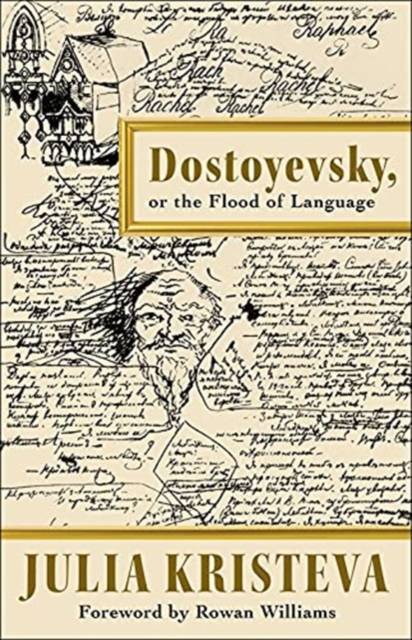
- Retrait gratuit dans votre magasin Club
- 7.000.000 titres dans notre catalogue
- Payer en toute sécurité
- Toujours un magasin près de chez vous
- Retrait gratuit dans votre magasin Club
- 7.000.000 titres dans notre catalogue
- Payer en toute sécurité
- Toujours un magasin près de chez vous
Description
Growing up in Bulgaria, Julia Kristeva was warned by her father not to read Dostoyevsky. "Of course, and as usual," she recalls, "I disobeyed paternal orders and plunged into Dosto. Dazzled, overwhelmed, engulfed." Kristeva would go on to become one of the most important figures in European intellectual life--and she would return over and over again to Dostoyevsky, still haunted and enraptured by the force of his writing.
In this book, Kristeva embarks on a wide-ranging and stimulating inquiry into Dostoyevsky's work and the profound ways it has influenced her own thinking. Reading across his major novels and shorter works, Kristeva offers incandescent insights into the potent themes that draw her back to the Russian master: God, otherness, violence, eroticism, the mother, the father, language itself. Both personal and erudite, the book intermingles Kristeva's analysis with her recollections of Dostoyevsky's significance in different intellectual moments--the rediscovery of Bakhtin in the Thaw-era Eastern Bloc, the debates over poststructuralism in 1960s France, and today's arguments about whether it can be said that "everything is permitted." Brilliant and vivid, this is an essential book for admirers of both Kristeva and Dostoyevsky. It also features an illuminating foreword by Rowan Williams that reflects on the significance of Kristeva's reading of Dostoyevsky for his own understanding of religious writing.Spécifications
Parties prenantes
- Auteur(s) :
- Editeur:
Contenu
- Nombre de pages :
- 112
- Langue:
- Anglais
- Collection :
Caractéristiques
- EAN:
- 9780231203326
- Date de parution :
- 28-12-21
- Format:
- Livre relié
- Format numérique:
- Genaaid
- Dimensions :
- 145 mm x 218 mm
- Poids :
- 294 g







